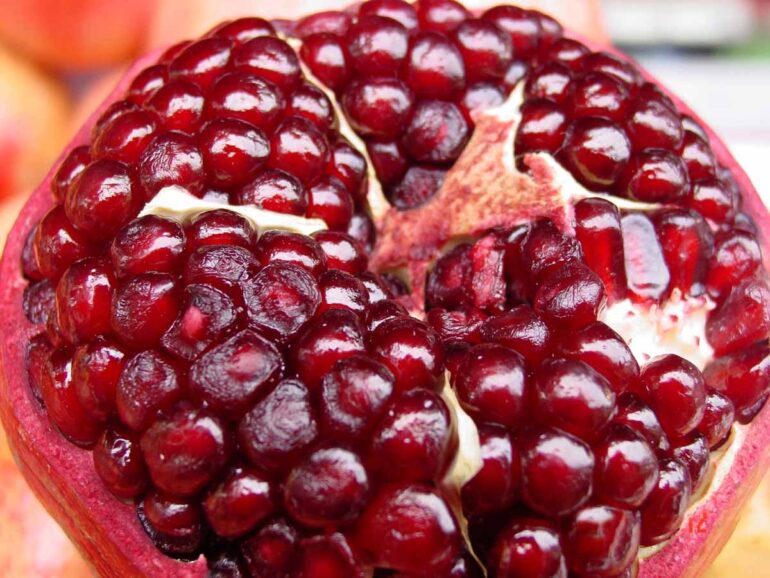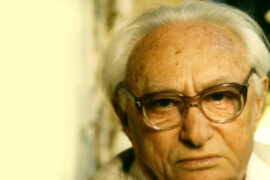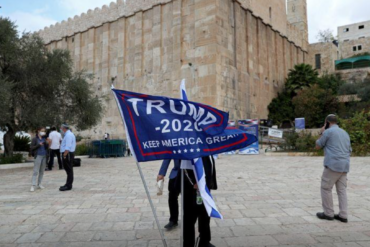The Bikkurim (first fruits) in Parshat Ki Tavo uses property to show us a healthy way to relate to the the world, ourselves, and each other.
Bikkurim is the process by which a Hebrew brings specially demarcated fruit to the Temple in Jerusalem.
This mitzvah requires Jewish sovereignty over the land of Israel and a Temple in Jerusalem. Additionally, Bikkurim can onl
To perform Bikkurim, a qualifying individual must travel to Jerusalem carrying the dedicated fruit in a group comprised of Kohanim (priests), assisting Levites (Hebrews from the tribe of Levi) and members of multiple social classes, representing the entire people of Israel.
Upon arriving in Jerusalem, dignitaries and artisans honor the party based on the size of the group entering the city rather than on the identity of the individuals, regardless of their wealth, fame, or position in society. The individual offering the Bikkurim carries the fruit in a basket to the Temple, where both the fruit and the basket are surrendered to a Kohen.
Through Bikkurim, we learn to internalize and express a healthier understanding of property.
Aharon Ariel Lavi explains in About Economy and Sustenance that limiting Bikku
By traveling with a cohort representing the entire nation, the individual learns to identify his property and the fruits of his labor with the entire Hebrew collective.
By paying respect to the arriving party based on the size of the group, which represents all of Israel, rather than by the identity of the individual, we learn to personally identify with the contributions we make to the greater collective rather than our individually accumulated wealth, status, or fame.
By surrendering the fruits of our labor to the Temple, we learn to identify not with our material wealth but rather with how we live our lives and how we devote our resources, time, and labor to the people of Israel and our collective mission.





